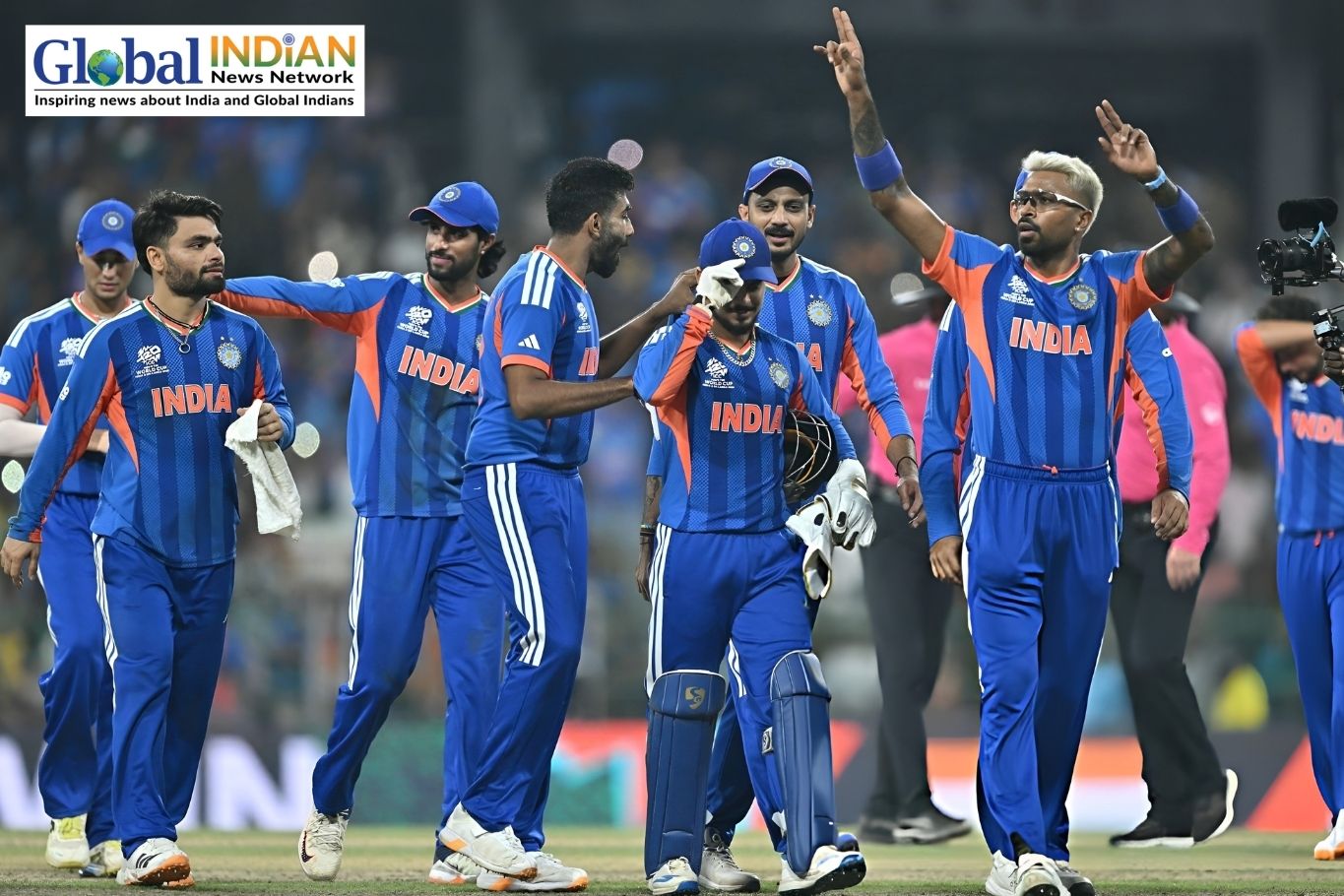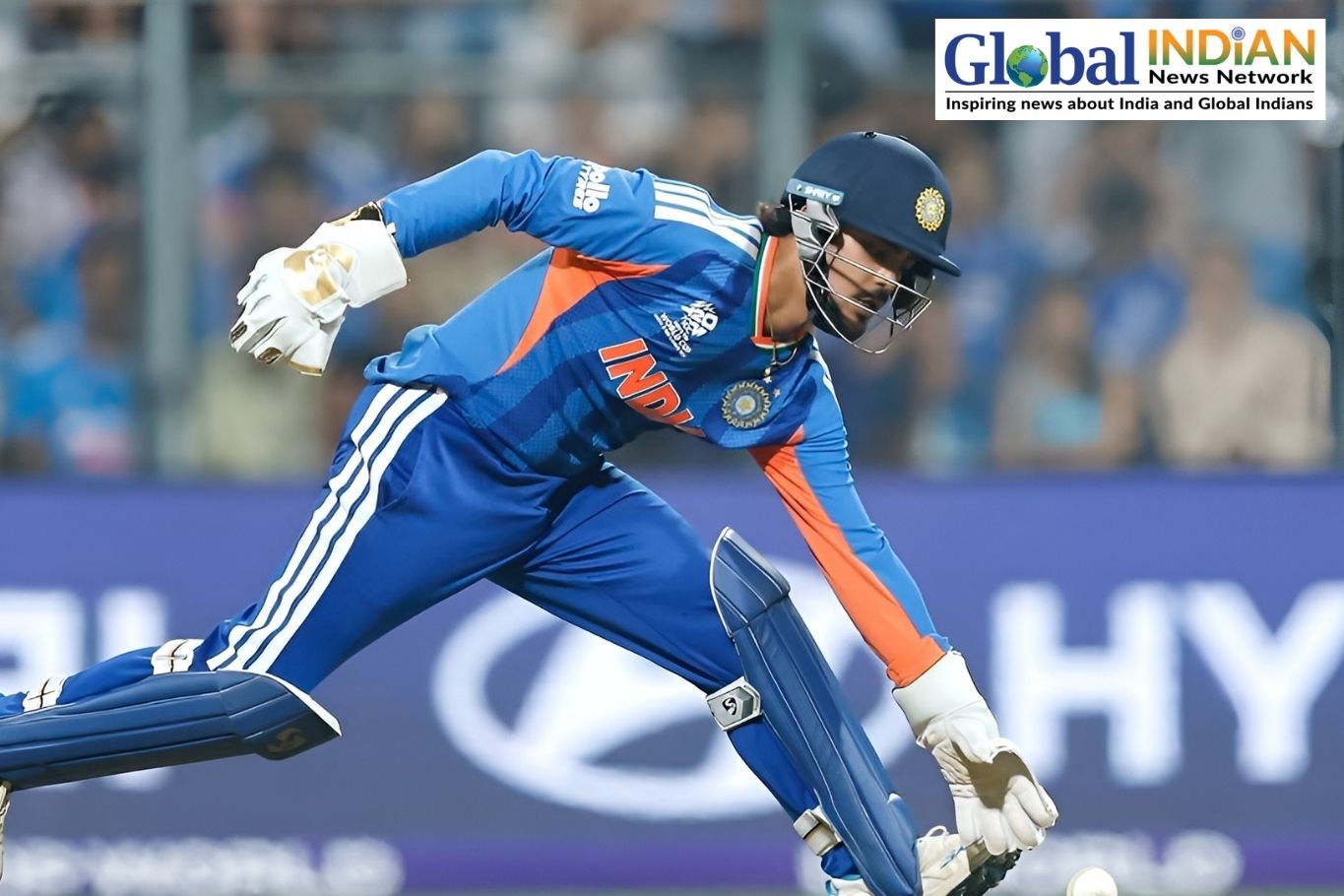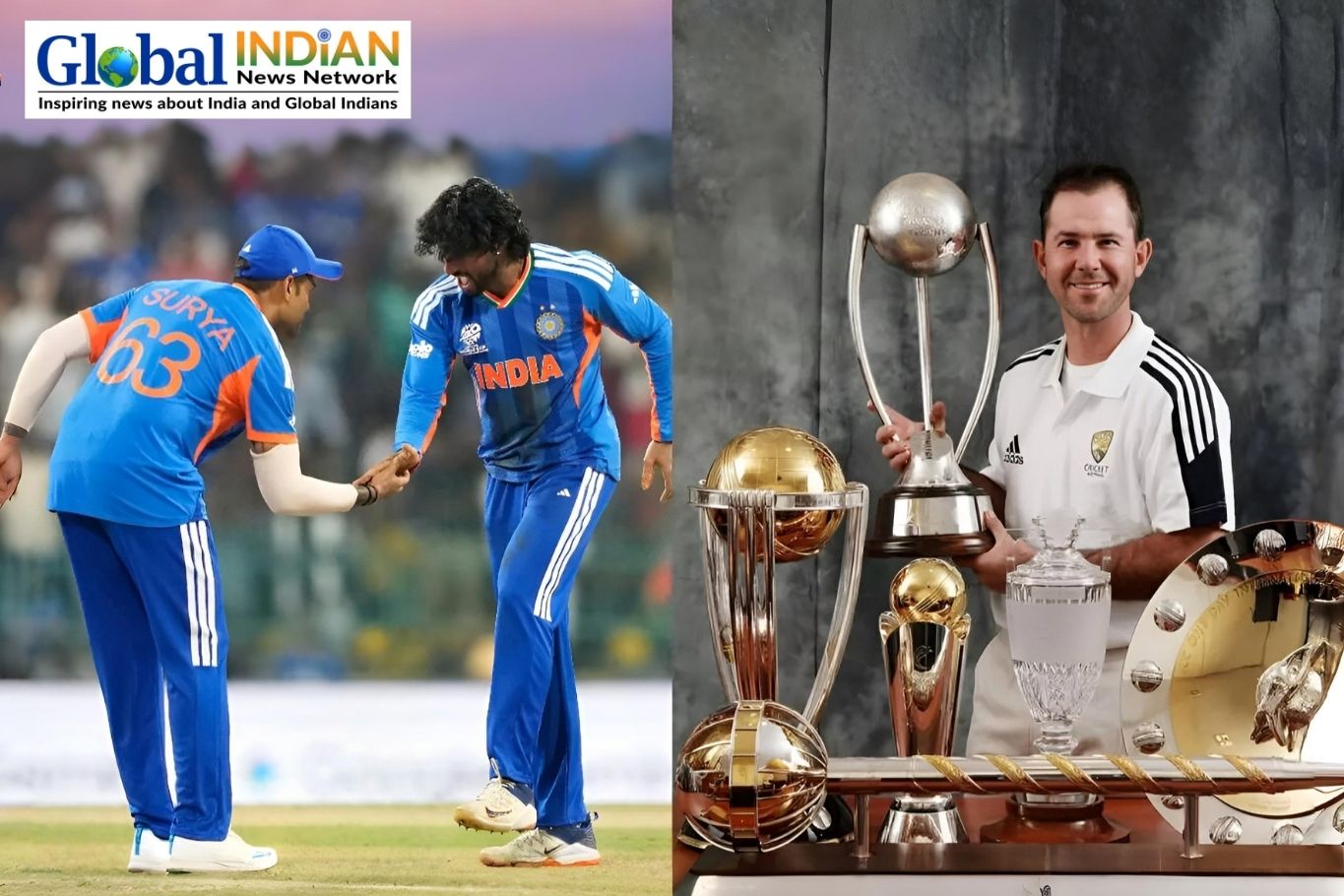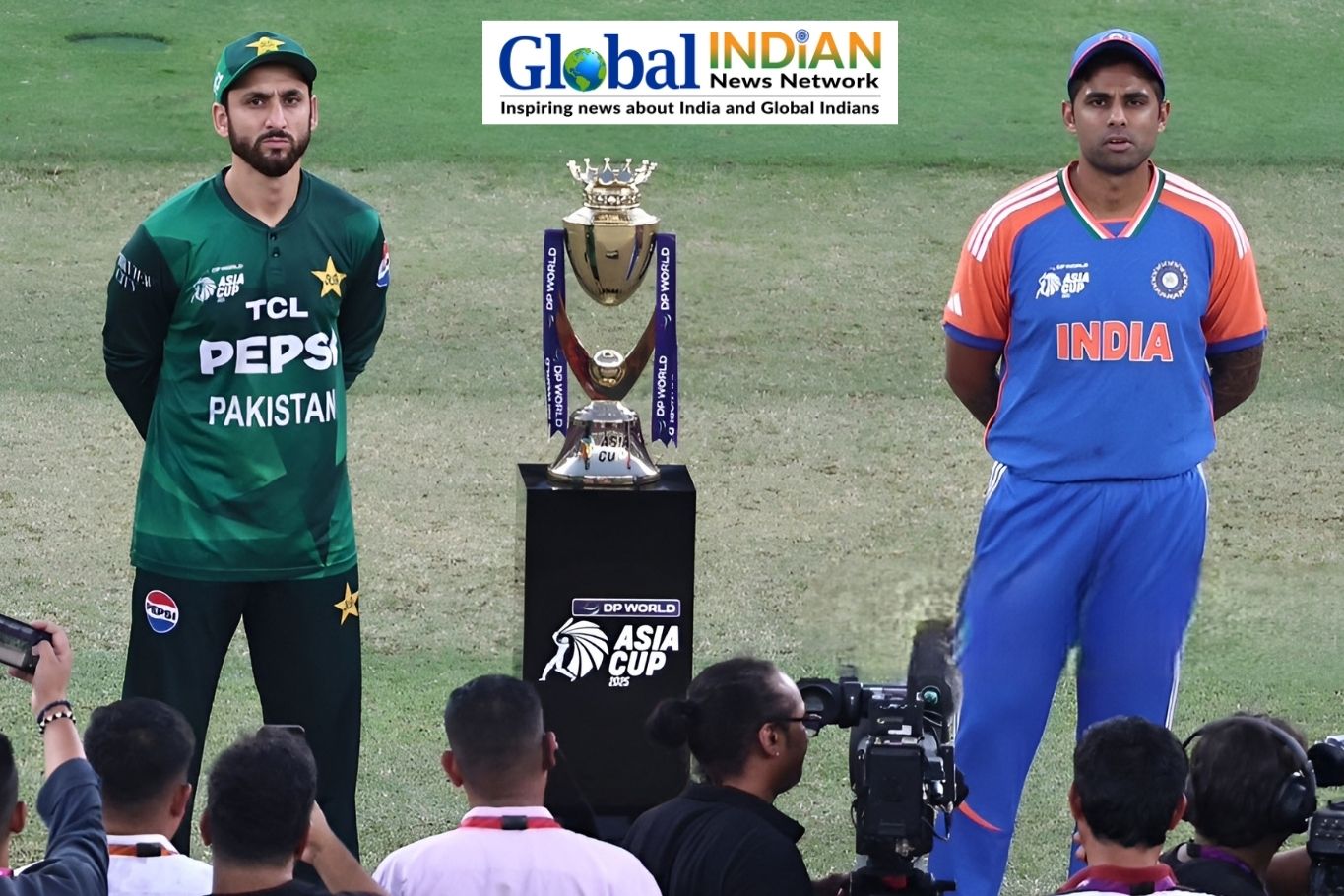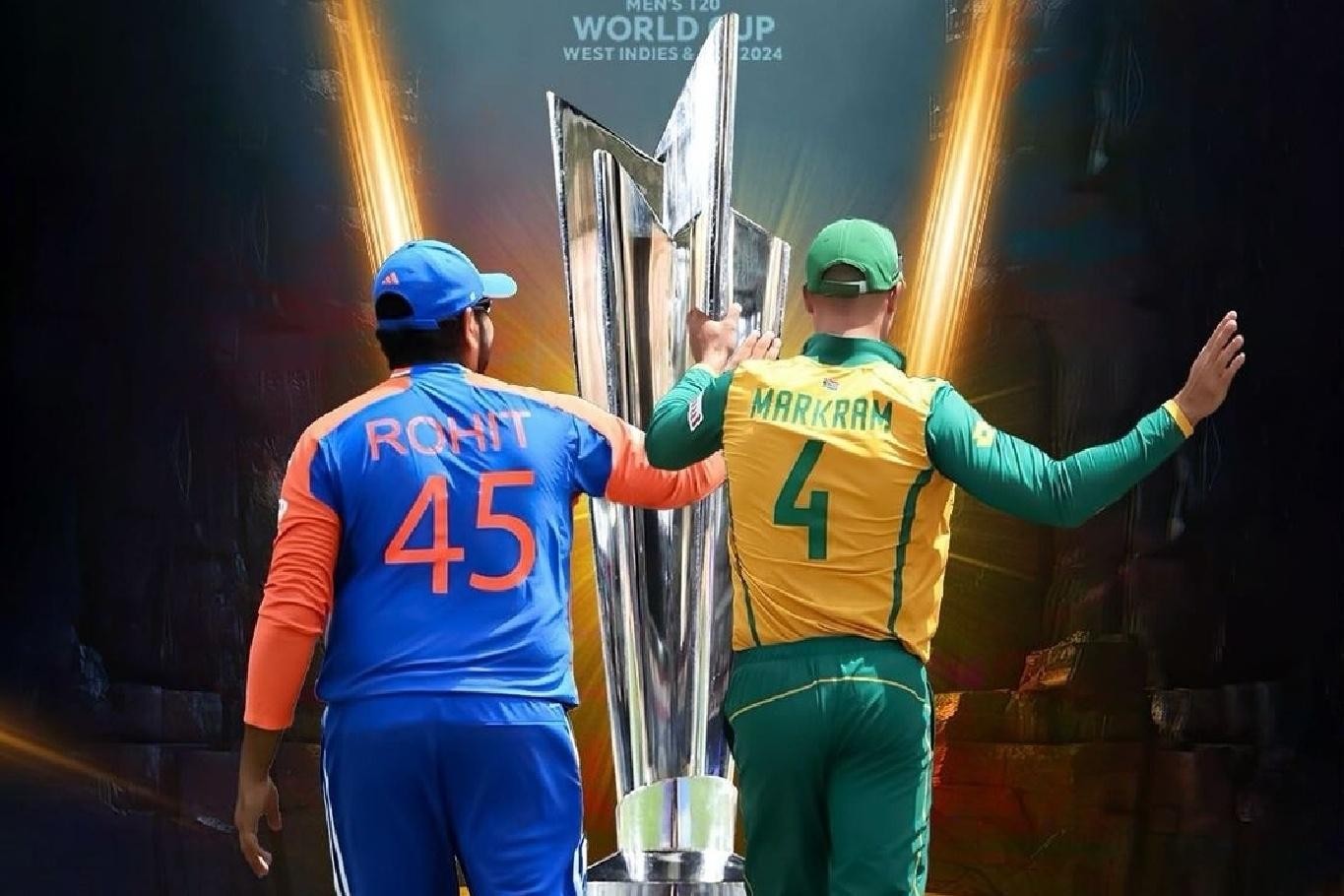
When comparing the strengths and weaknesses of the T20 World Cup finalists, India and South Africa, it’s clear that both teams balance each other perfectly, much like the scales held by Lady Justice. Both teams remain unbeaten, share similar strengths and weaknesses, and each features a left-arm wrist spinner. Both are eager to secure an ICC trophy: India has not won a major title since their 2011 World Cup victory, while South Africa has often seen success slip away despite their talented roster. The phrase “carpe diem” seems particularly fitting for this final showdown in Bridgetown.
One of the most intriguing aspects of this matchup is the presence of two generational fast bowlers: Kagiso Rabada and Jasprit Bumrah. Rabada, with his classical, graceful bowling, has quietly influenced games throughout the tournament. Though not often recognized among T20 greats, his skill set, including a devastating leg-cutter and an effective slower ball, can trouble any batsman. Historically aggressive, Rabada has been more economical this tournament, conceding just 5.88 runs per over. His focus will be on dismissing the dangerous Rohit Sharma, whom he has removed four times in T20Is.
Bumrah, on the other hand, brings a unique and explosive style to the game. Known for his precision and ability to take wickets at crucial moments, he has been instrumental in India’s success. With an economy rate of 4.12 and striking once every 11 balls, Bumrah’s impact is undeniable. His former Mumbai Indians teammate, Quinton de Kock, has praised him highly, comparing him to Dale Steyn. If India wins the trophy, Bumrah’s name will surely be highlighted as a key contributor.
The final will take place at Kensington Oval, a historic venue for West Indies fast bowling legends like Malcolm Marshall and Joel Garner. Joining Rabada and Bumrah are Arshdeep Singh and Anrich Nortje, the top wicket-takers for their respective teams. Arshdeep has utilized swing and seam effectively, while Nortje combines raw pace with subtle length variations, making him a formidable opponent.
Both teams have strong batting line-ups but face challenges. India’s Virat Kohli has struggled for form, while South Africa’s Reeza Hendricks has also been inconsistent. Yet, both players have the potential to turn their fortunes around in the final. The tournament has seen contributions from various players, with Rohit Sharma and Suryakumar Yadav leading India’s charge and Quinton de Kock and David Miller providing crucial runs for South Africa.
India’s aggressive batting approach contrasts with South Africa’s more traditional style. Despite this, both teams have relied on collective efforts rather than individual brilliance. South Africa, having never reached a final, seeks to overcome a history of near-misses and heartbreaks. Meanwhile, India aims to break a streak of failing at the final stages in recent ICC tournaments.
Ultimately, the match promises a splendid symmetry of strengths and flaws. While the balance is perfect now, the scales will inevitably tip in favor of one team by the end of the game on Saturday night.

